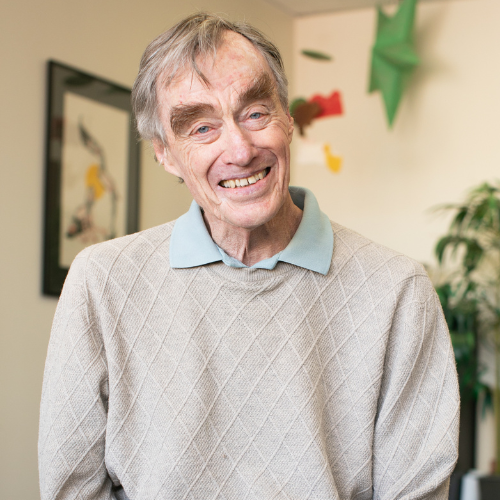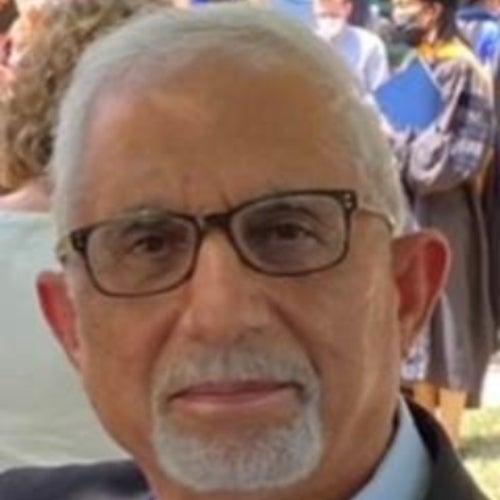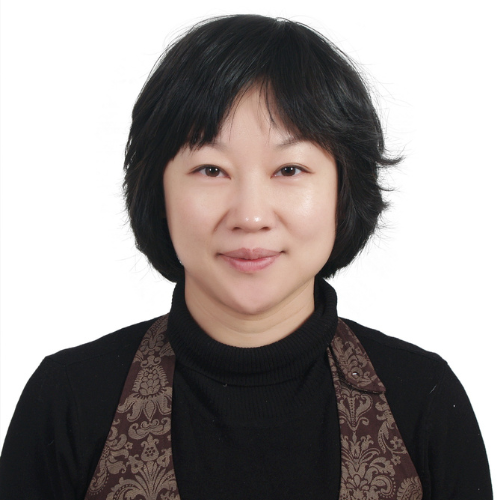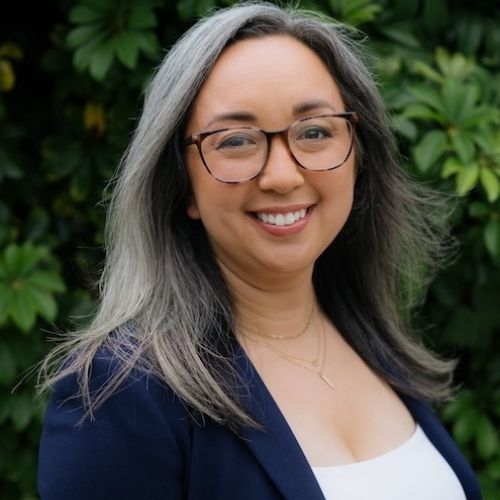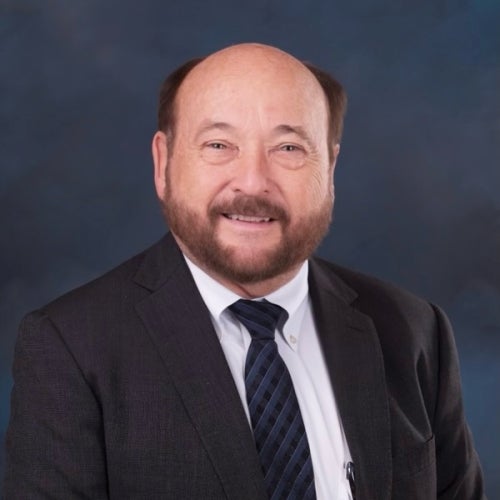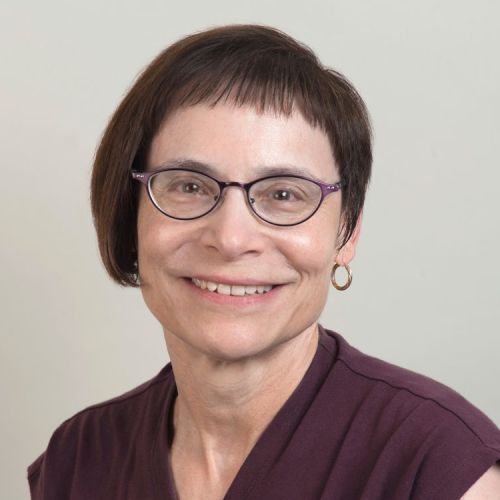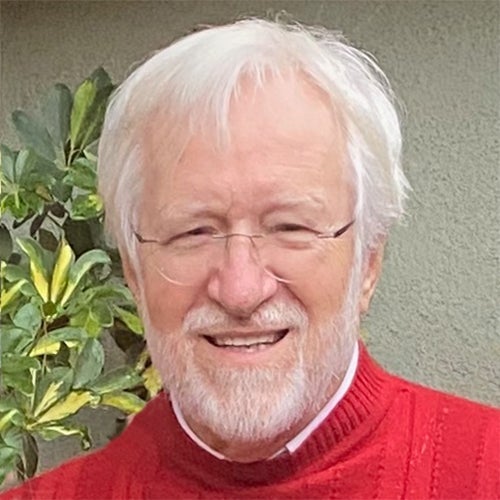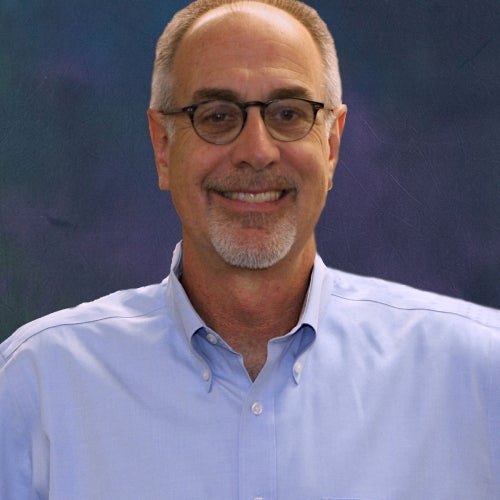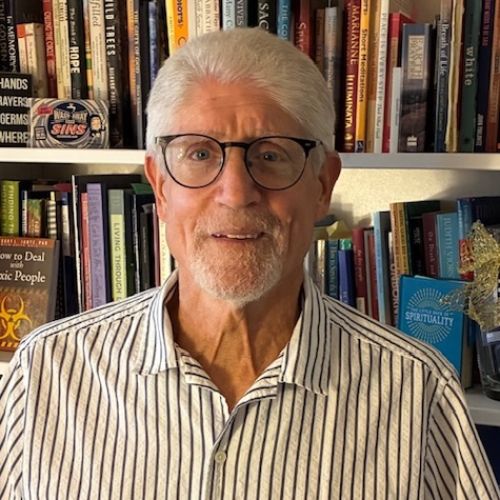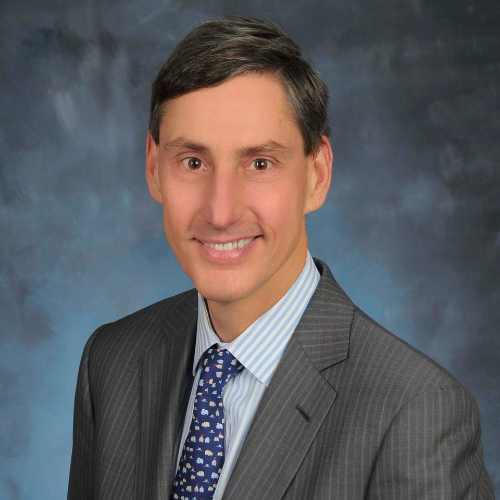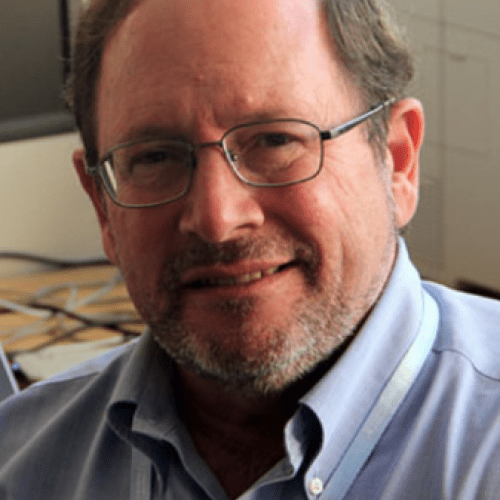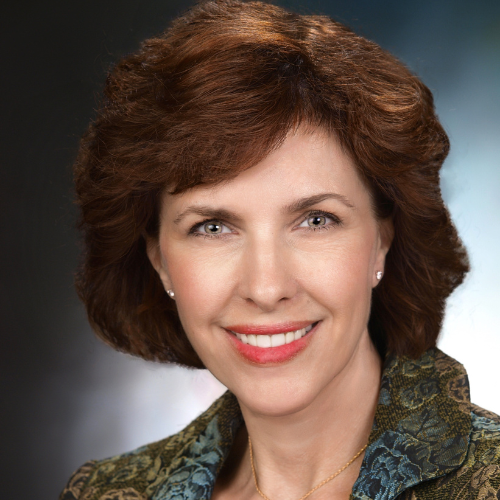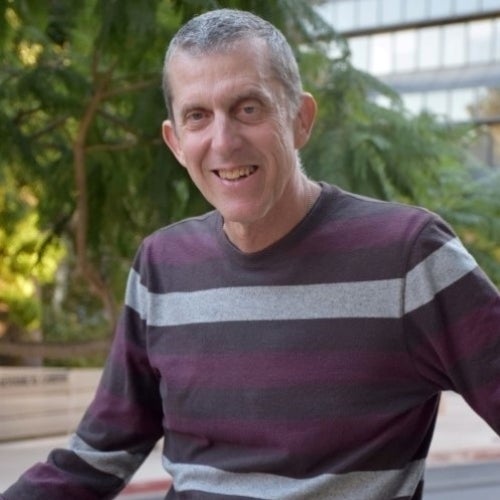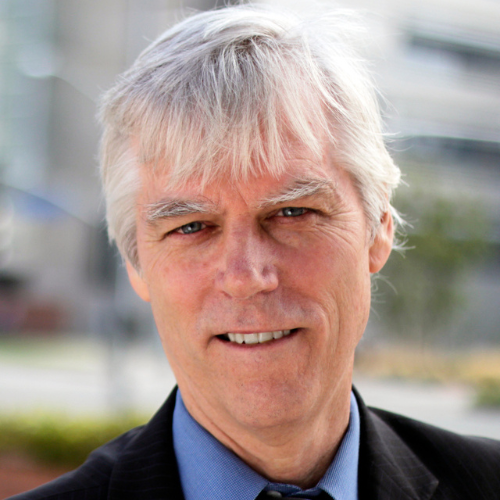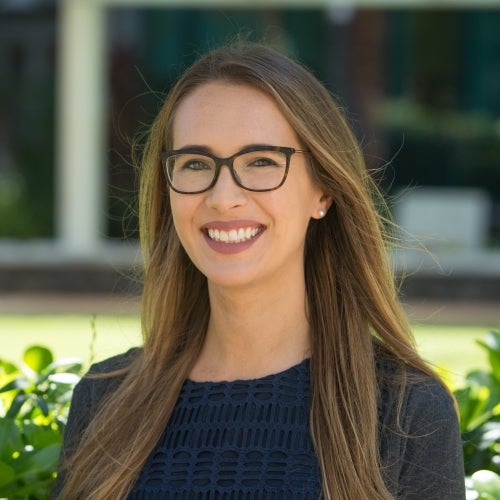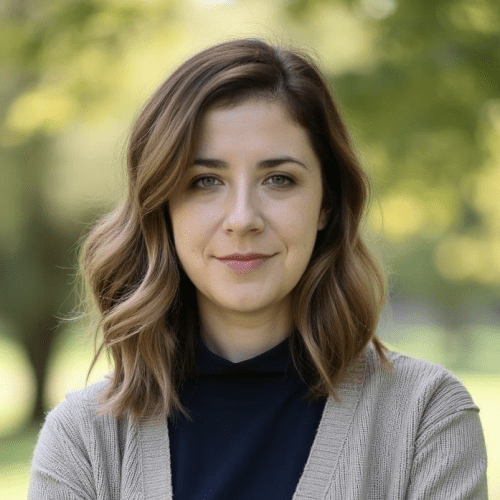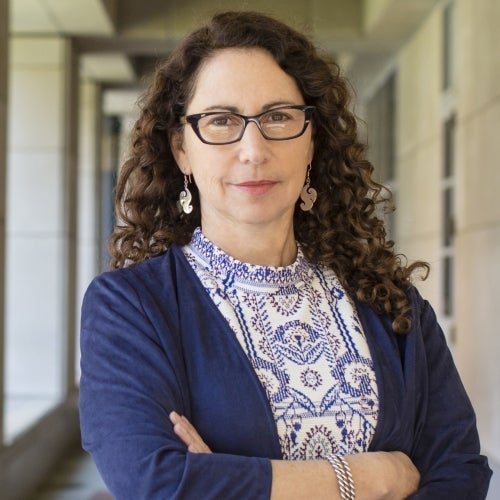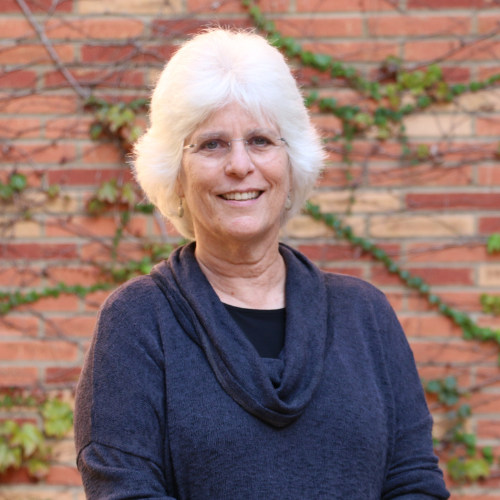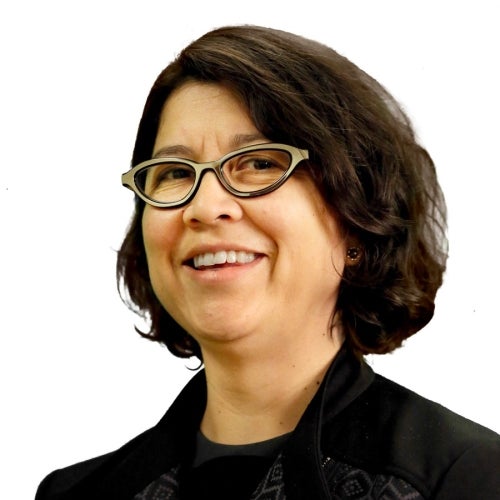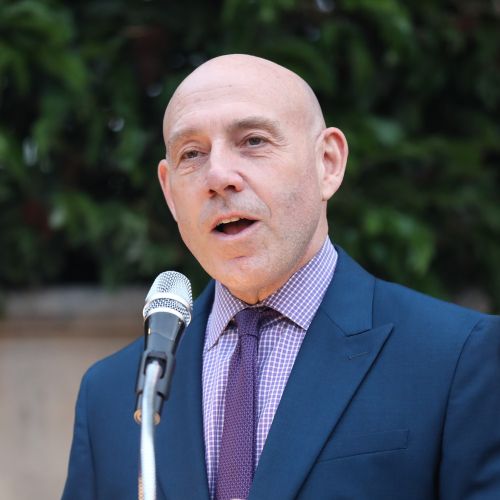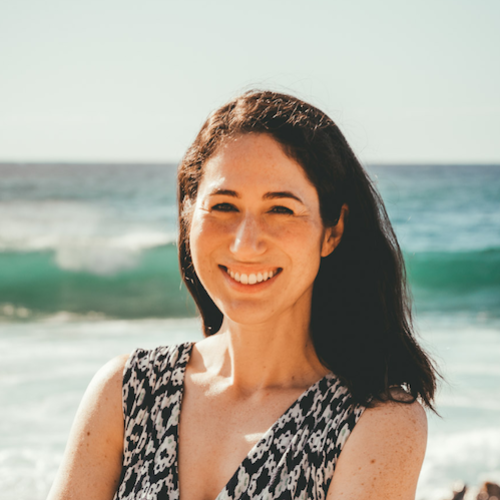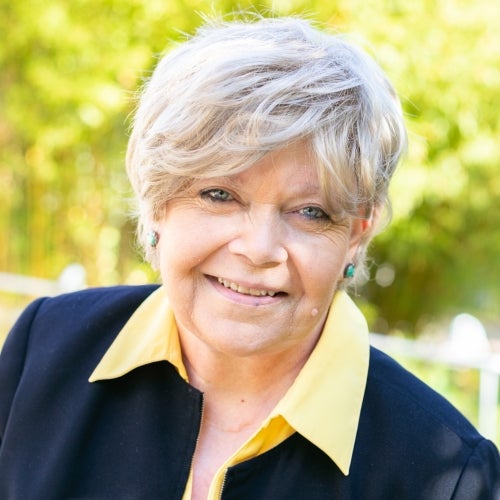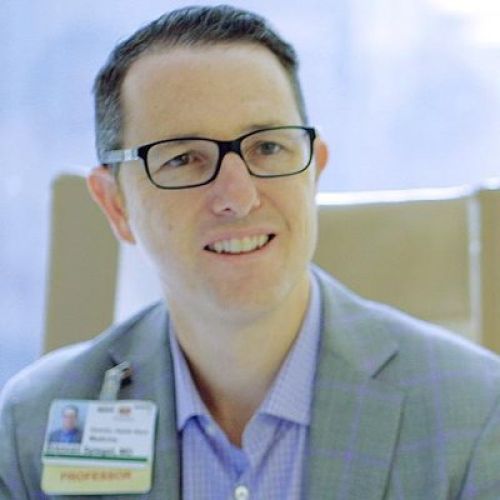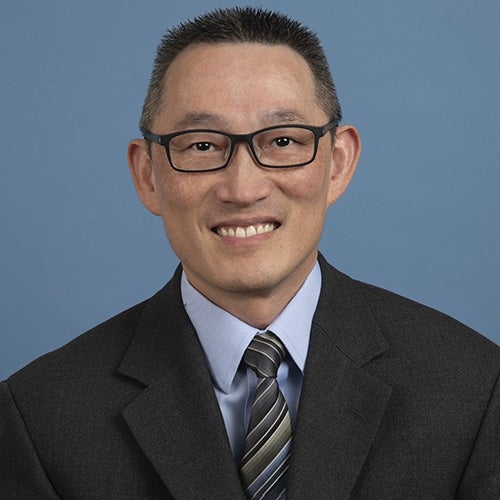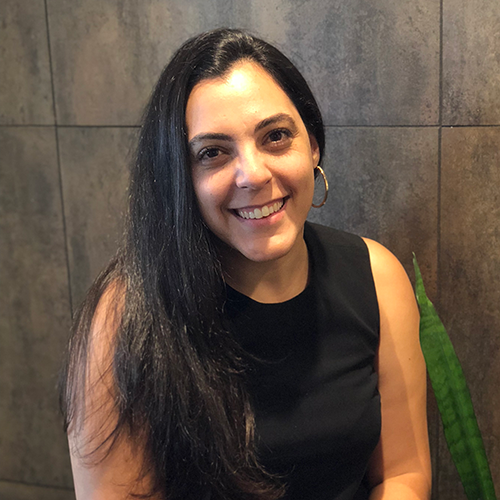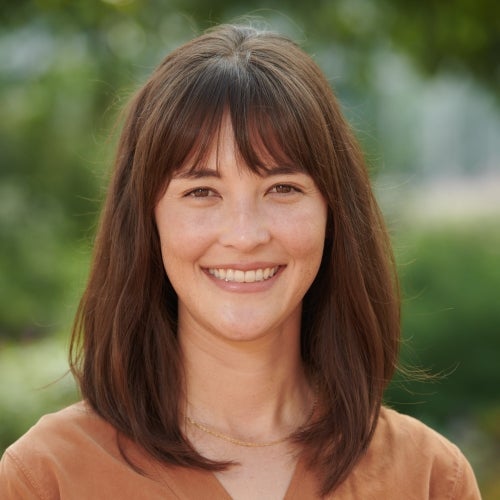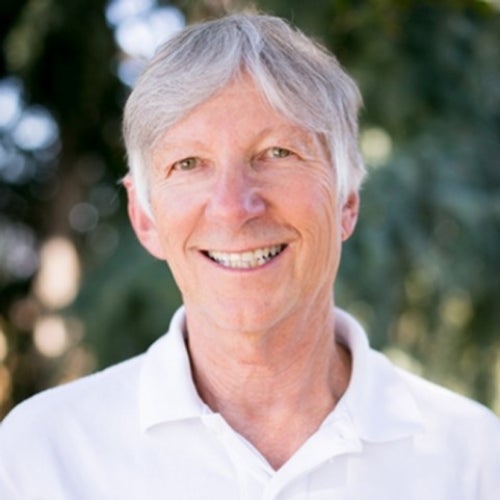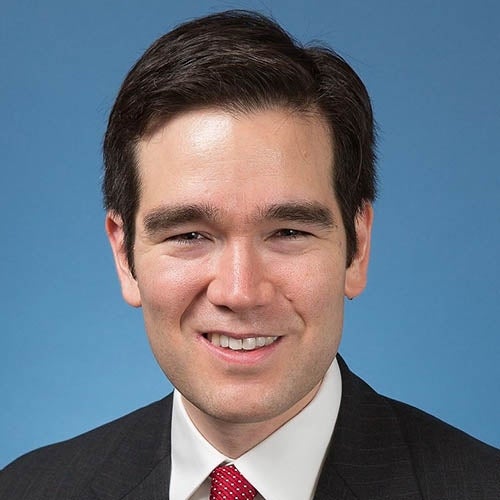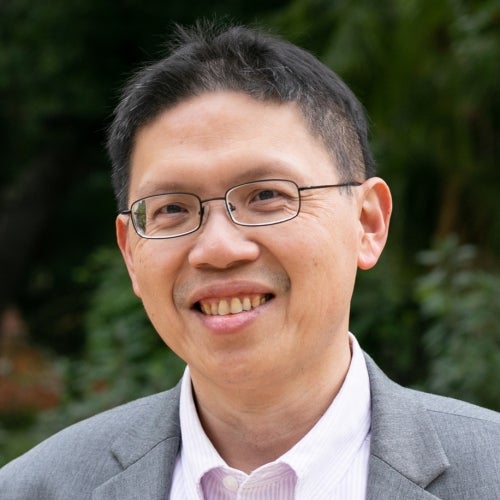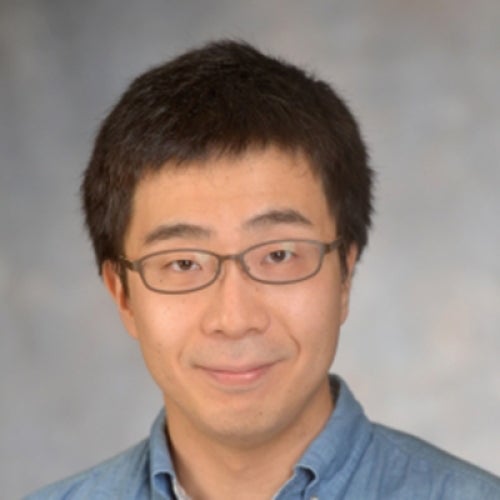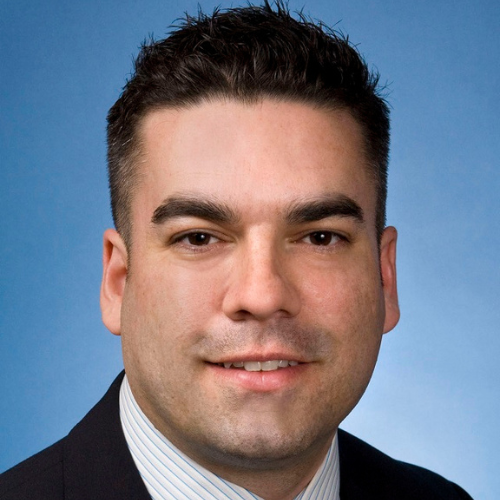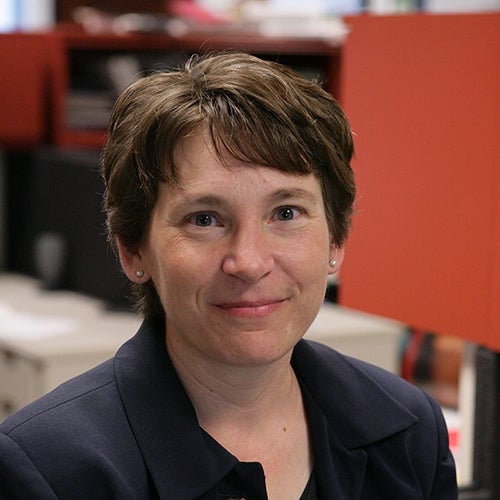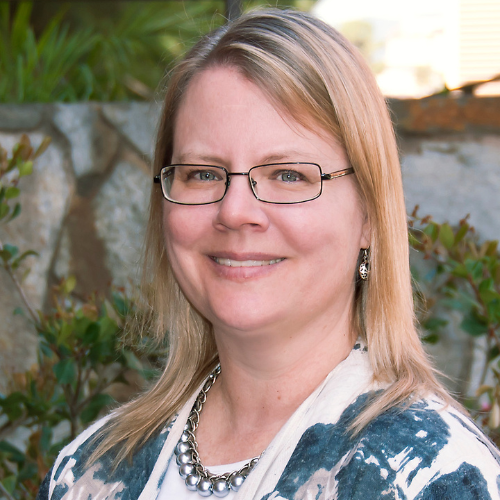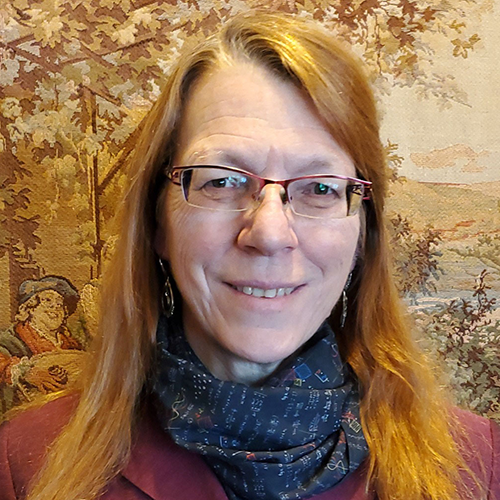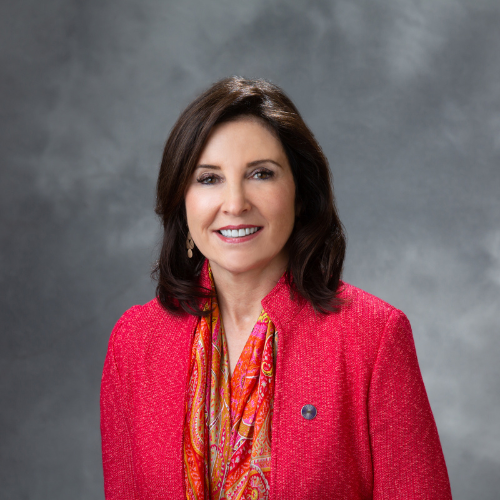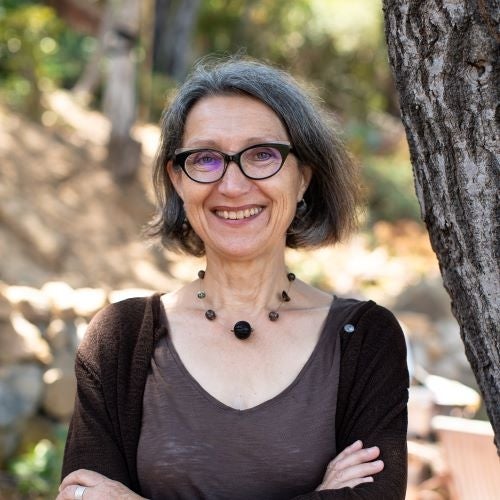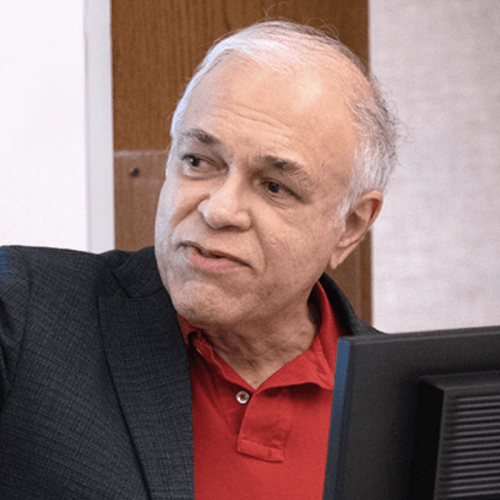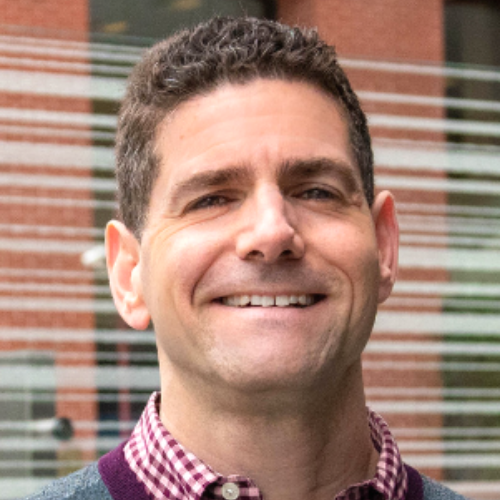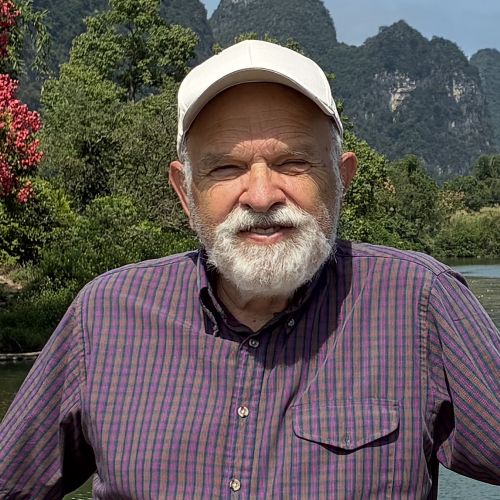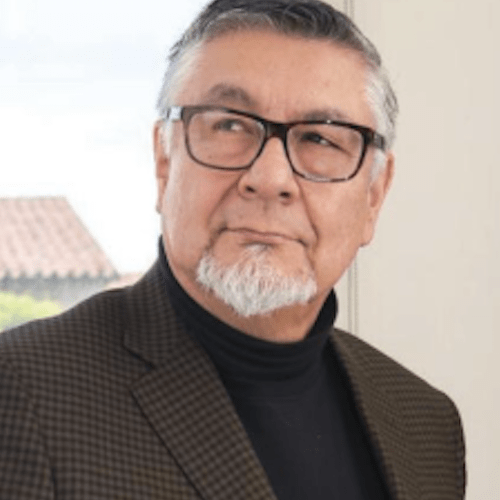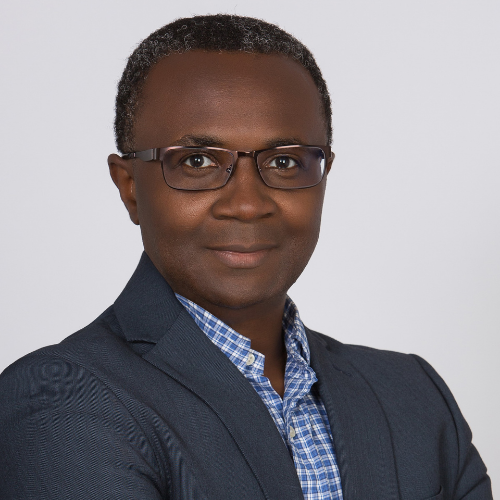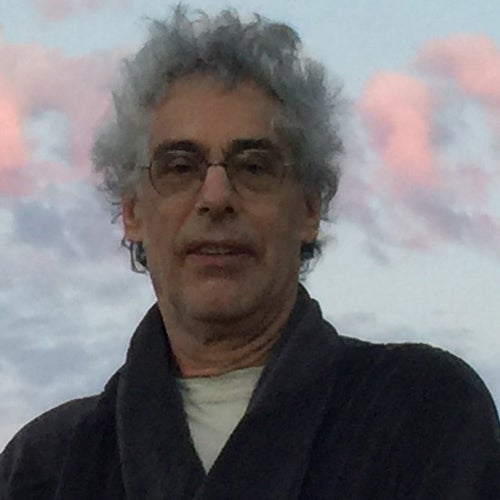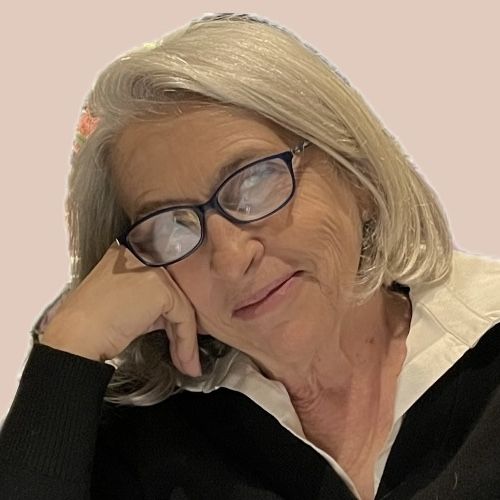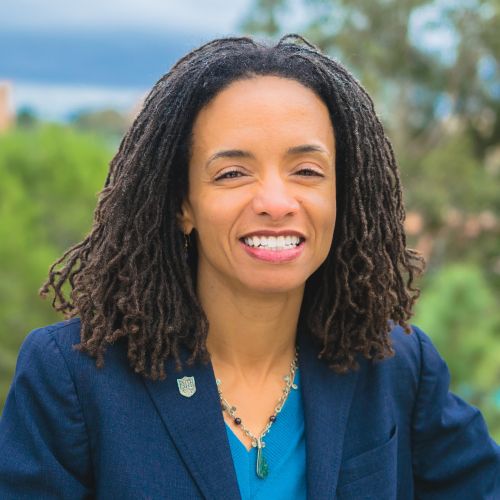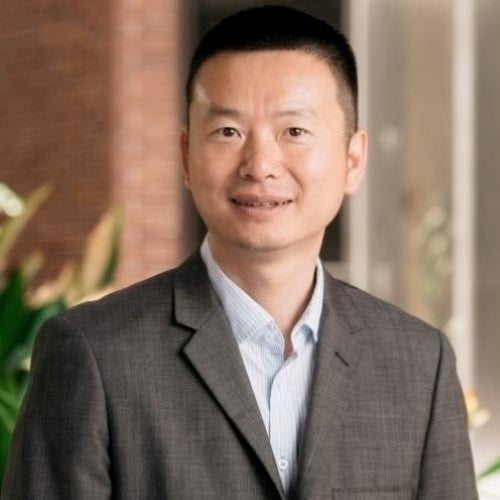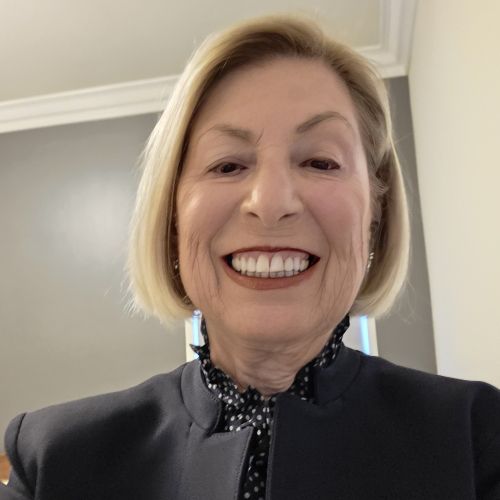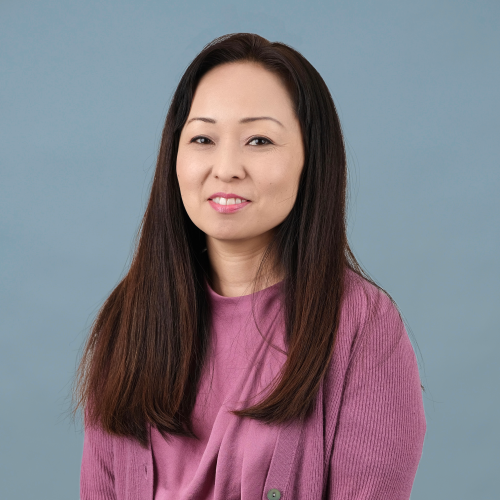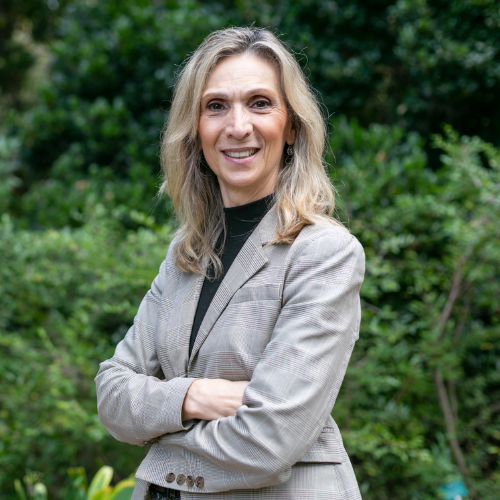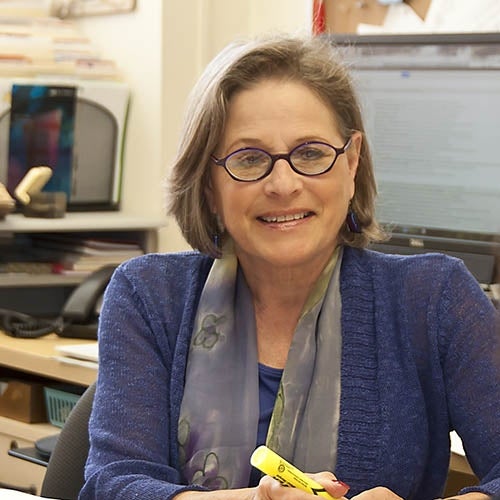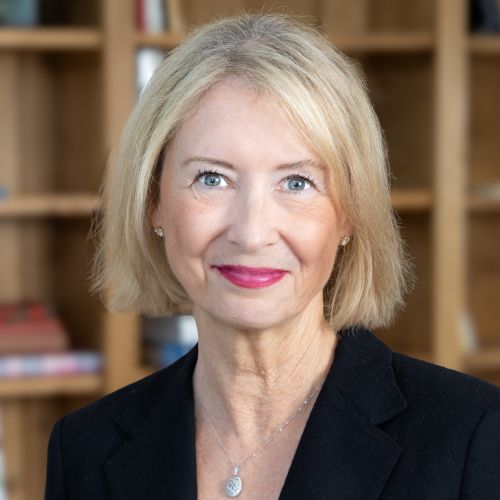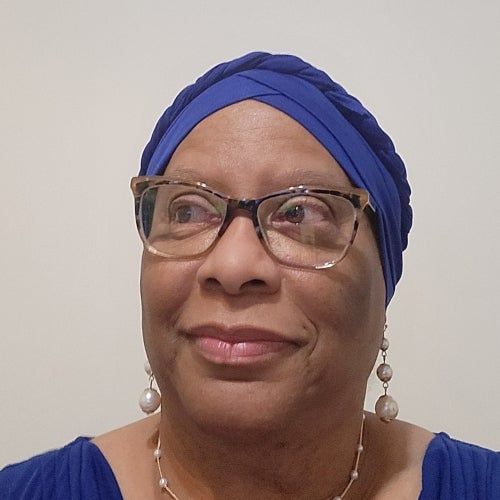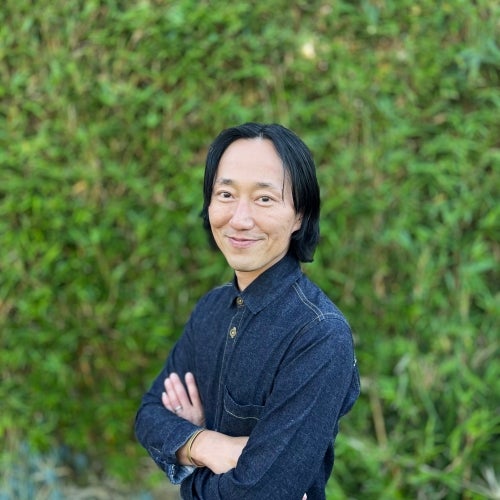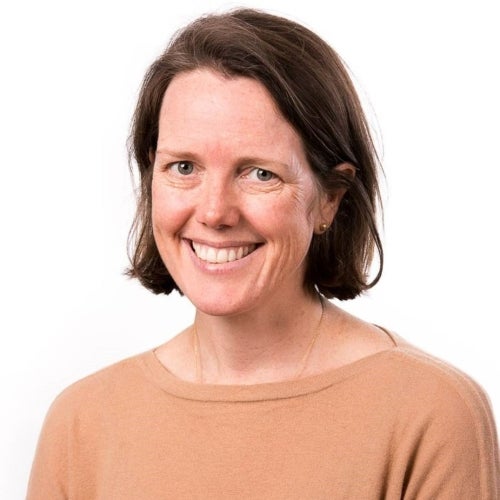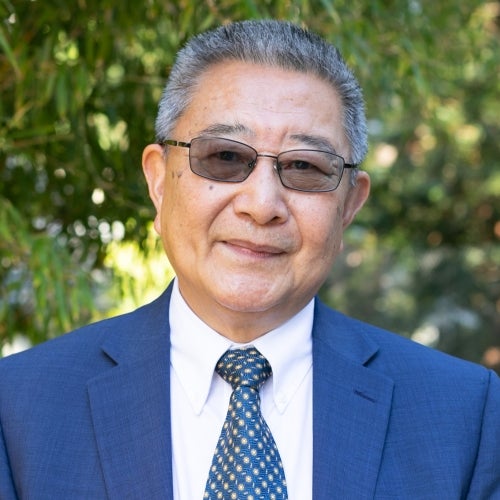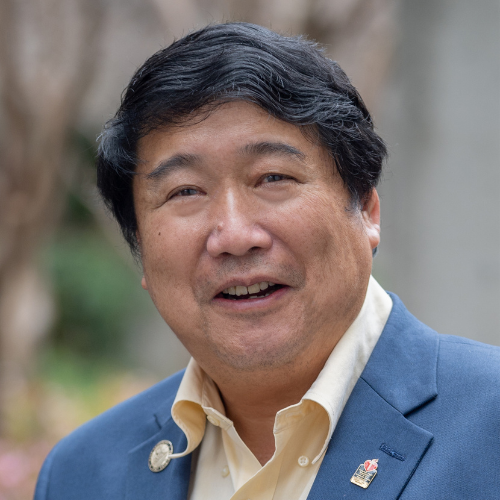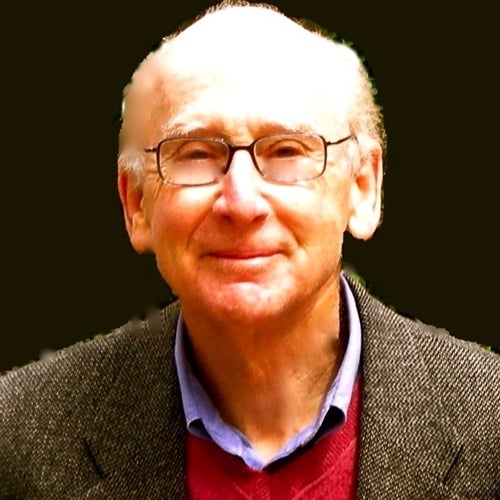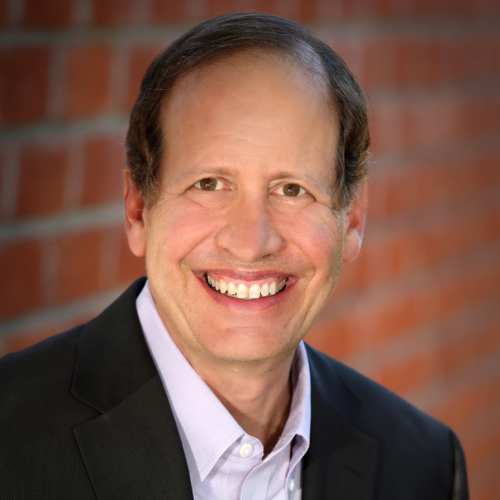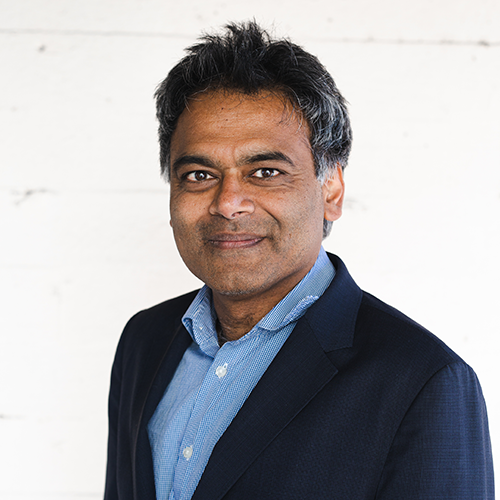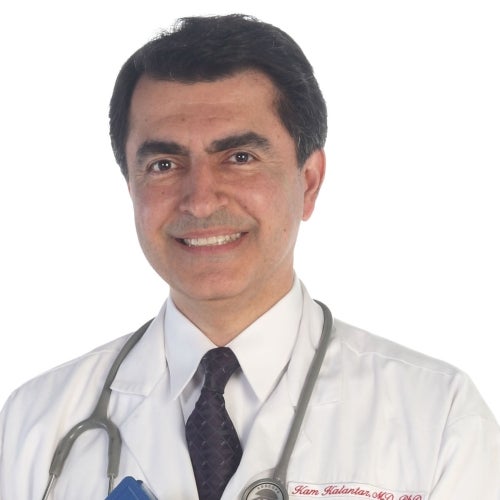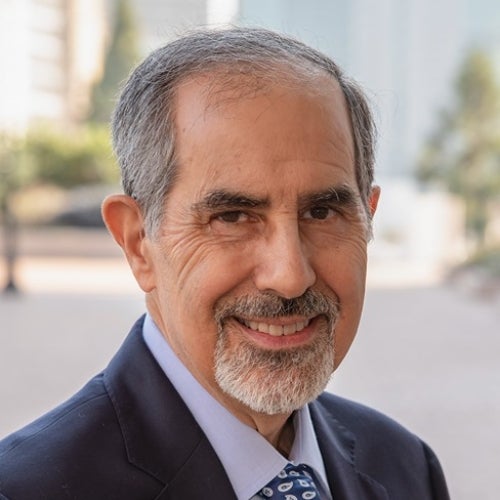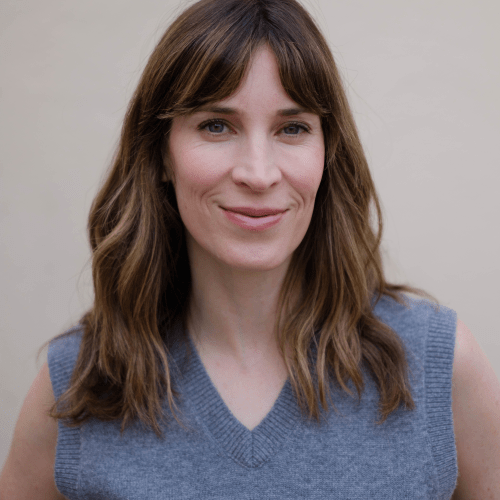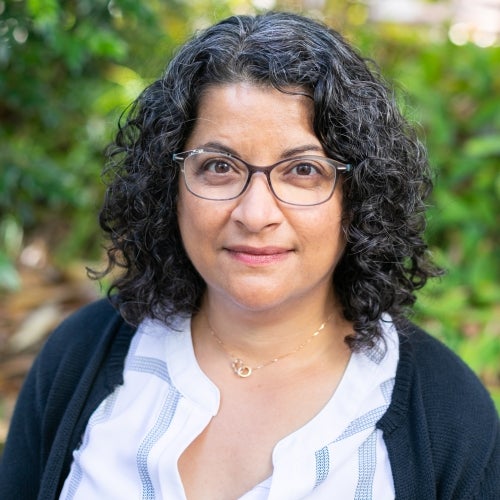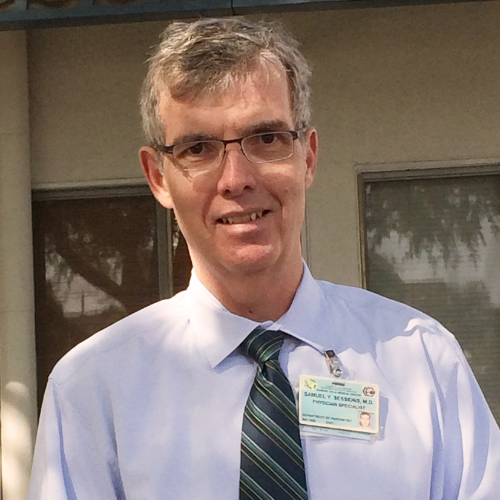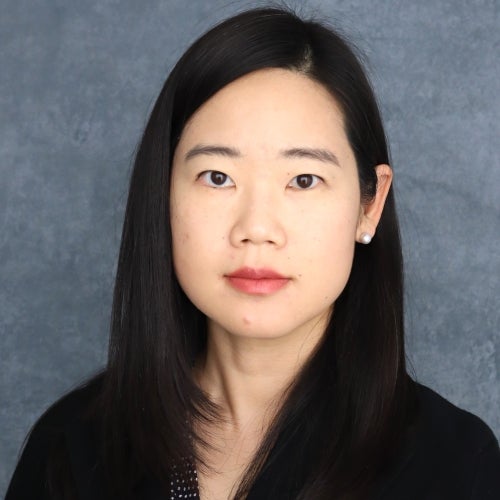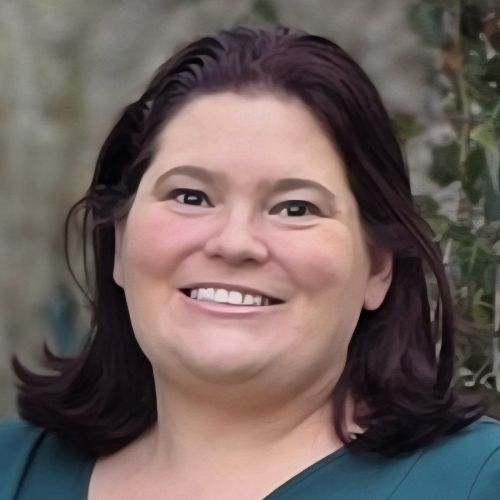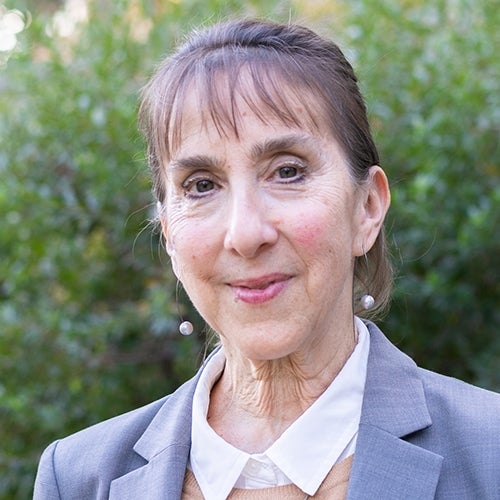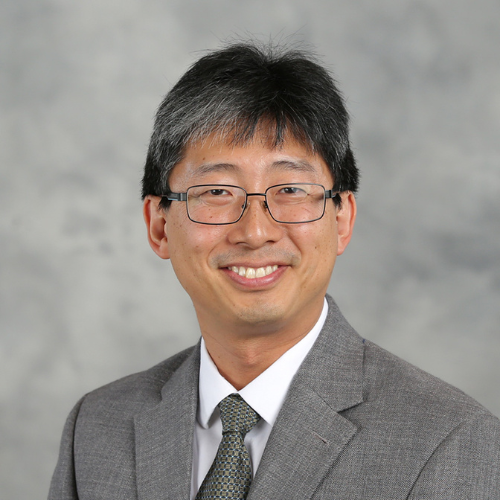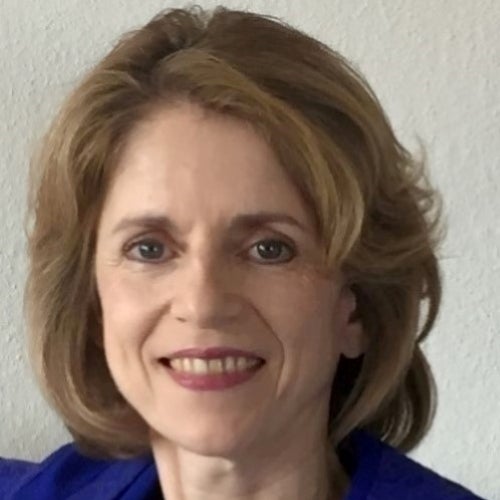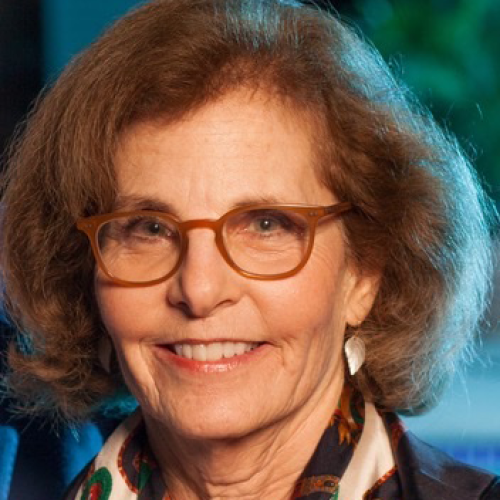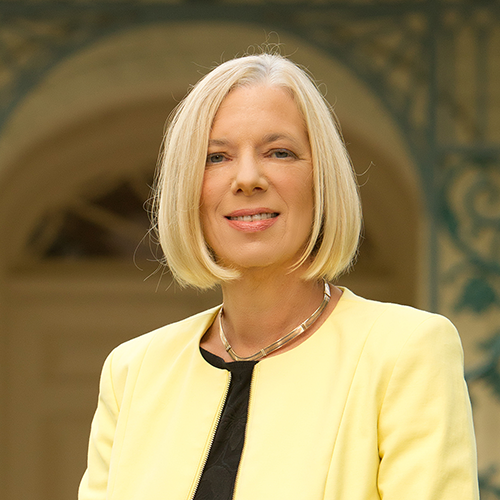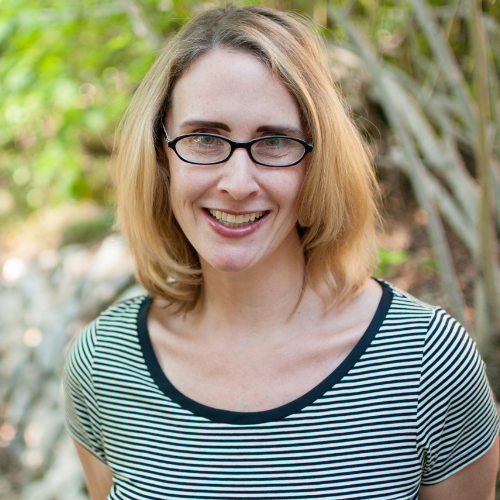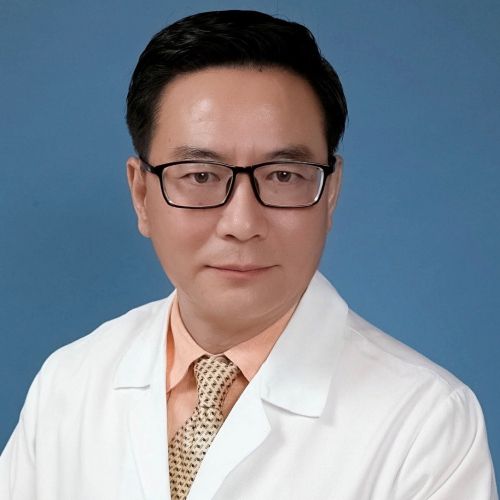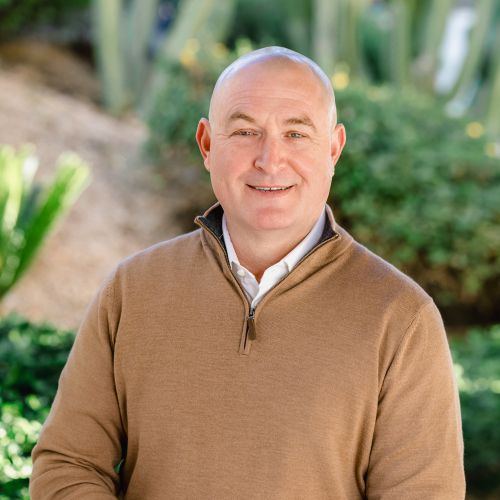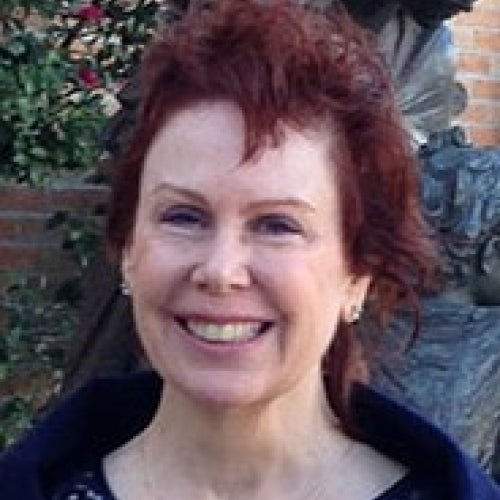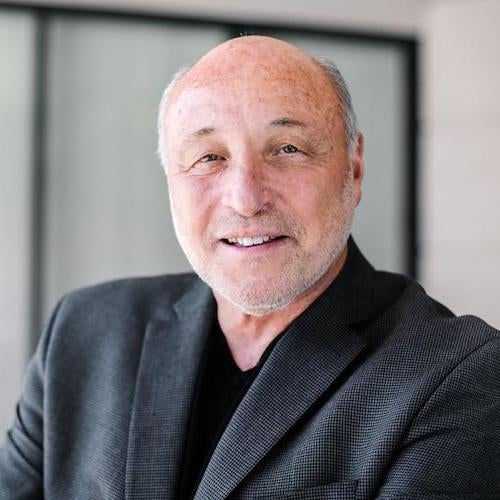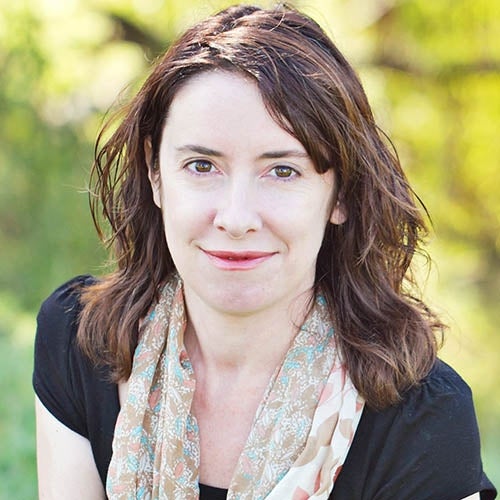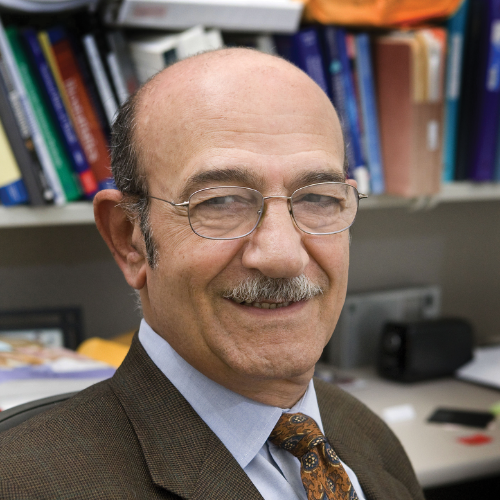A History of Impact: 1960s - 1980s
The UCLA Fielding School of Public Health has been working to build a healthier future for more than six decades. The examples that follow, interspersed throughout this section, are just a few of the many ways.
Dr. Ronald Andersen developed a conceptual model in 1968 that would transform the understanding of U.S. healthcare access and has influenced numerous researchers in the decades since. His Behavioral Model of Health Services Use became a frame-work for healthcare utilization and cost studies around the world. Andersen, who joined the FSPH faculty in 1991 and is currently professor emeritus of health policy and management, has regularly updated the model over the course of his career while continuing to conduct pivotal research on issues of access to healthcare.
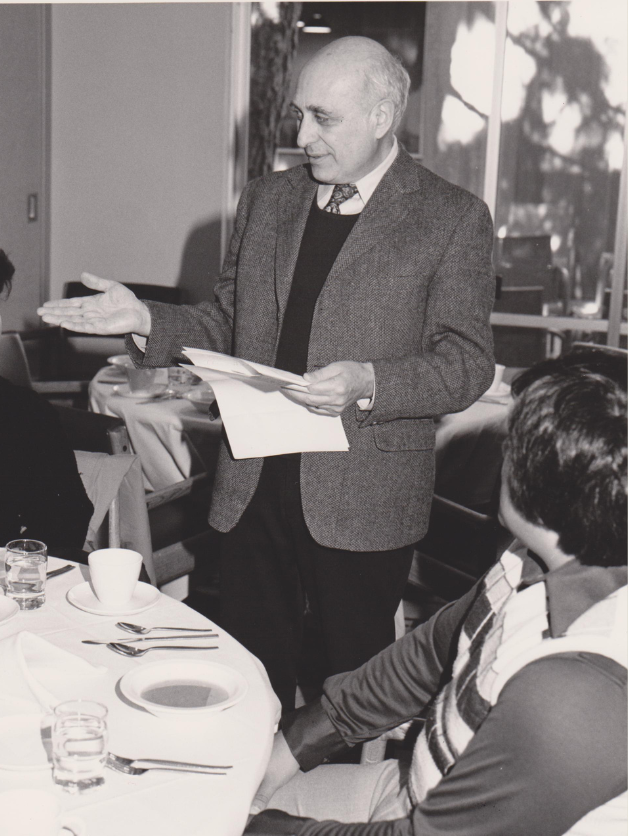 Dr. Lester Breslow became the school’s second dean in 1972. He served eight years, then remained an active faculty member well into his 90s. The former director of the California Department of Public Health, Breslow earned the nickname “Mr. Public Health” for his leadership and vision. He is credited with moving public health toward a broader health promotion/disease prevention focus.
Dr. Lester Breslow became the school’s second dean in 1972. He served eight years, then remained an active faculty member well into his 90s. The former director of the California Department of Public Health, Breslow earned the nickname “Mr. Public Health” for his leadership and vision. He is credited with moving public health toward a broader health promotion/disease prevention focus.
Recruited to join the school’s faculty in 1972, Dr. Derrick B. Jelliffe spent much of the decade and beyond circling the globe with his wife and research partner, Patrice, to promote breastfeeding and fight corporations that were introducing commercial formulas in low-income countries — where many infants weaned from breast milk in their first year were dying from infections and malnutrition. Their work has been credited with triggering the boycott of Nestlé, the multinational corporation that was accused of aggressively marketing infant formulas in low-income countries, beginning in the late 1970s.

In 1972, the year Dr. Lester Breslow became dean, he published a landmark study based on research he began in the early 1960s. Among Breslow’s findings, he determined that a 45-year-old male who followed six of seven healthy habits identified in the study — getting regular exercise and sleep; not smoking, excessively drinking, or snacking between meals; eating breakfast; and maintaining a normal weight — had a life expectancy 11 years longer than a peer who followed three or fewer, along with better-quality years. Although it seems obvious today, at the time it registered as a shock in the medical and public health community.
The Public Health Alumni Association was founded in 1974. Raymond Goodman (MPH ’72), a renowned public health physician who would become a longtime champion of the school through his philanthropy and leadership, served as the first president. The same year, the Raymond and Betty Goodman Foundation established the annual Lester Breslow Distinguished Lectureship.
Vasectomies now play an integral role in family planning, but in the mid-1970s, when FSPH was chosen as coordinating center for one of the nation’s largest-ever collaborative studies on the procedure, it wasn’t clear they were safe. That changed after a landmark study, led by Dr. Frank J. Massey Jr., found that not a single disease occurred significantly more often among vasectomized men than among men who had not had a vasectomy.
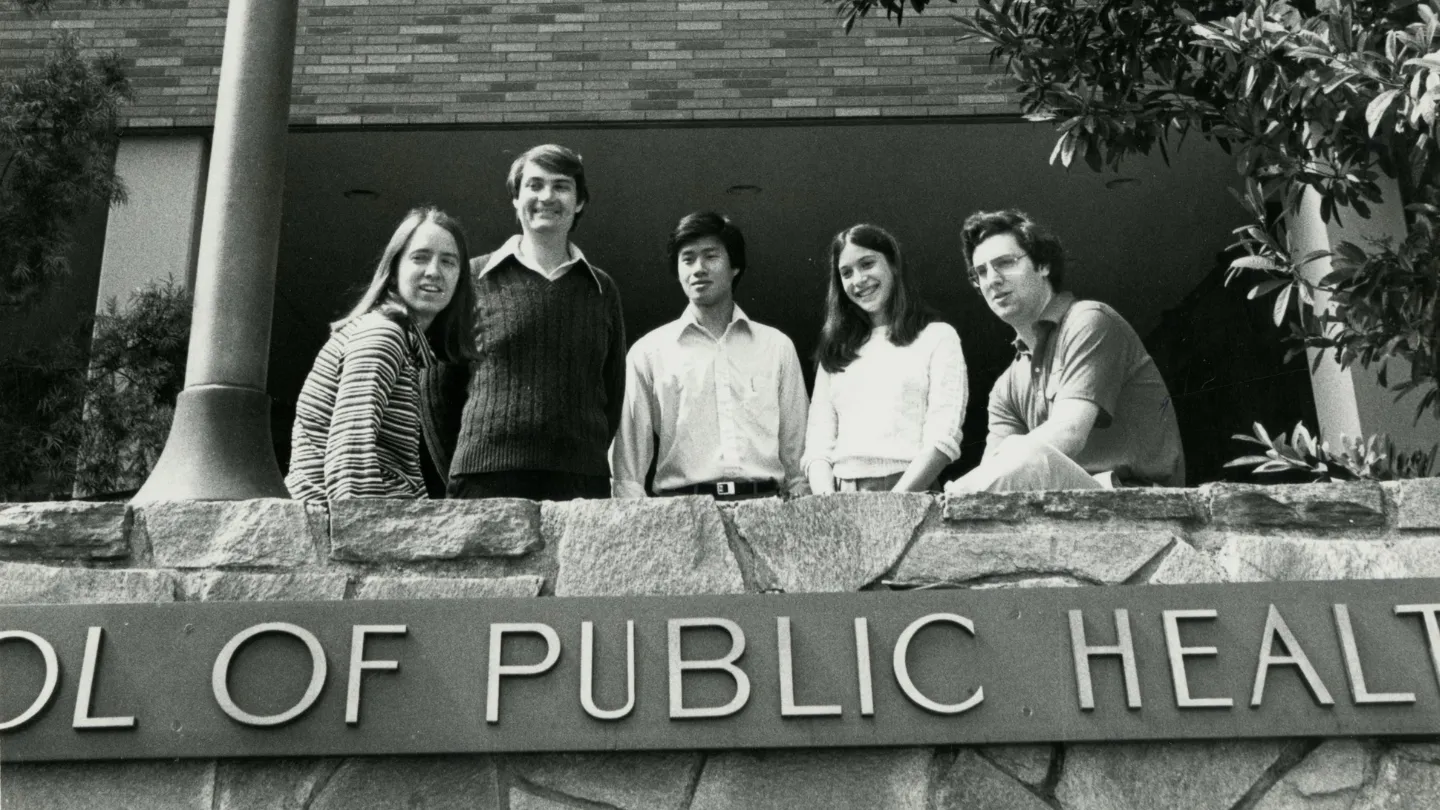
The Public Health Student Association was established in 1978 to meet the academic and social needs of the school’s students, promote community involvement, and inspire interest in and advancement of public health as a career.
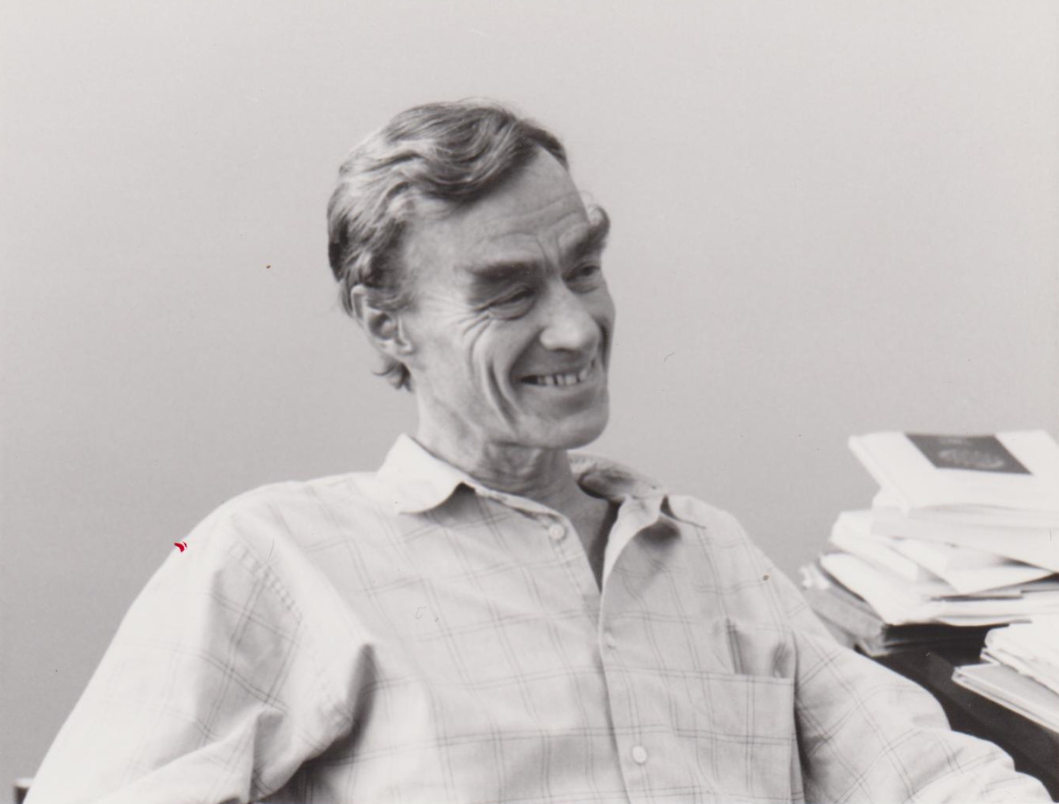 Dr. Roger Detels, a professor of epidemiology at the school, was named dean in 1980 and served for the next five years. He is perhaps best known as the leader of the UCLA site of the Multicenter AIDS Cohort Study (MACS; now called the MACS/ WIHS Combined Cohort Study), the longest-running study of the natural history of AIDS, which began in 1984; as well as for his training of scores of public health professionals in Southeast Asia, India, China, and elsewhere who have led efforts against HIV/AIDS in their countries.
Dr. Roger Detels, a professor of epidemiology at the school, was named dean in 1980 and served for the next five years. He is perhaps best known as the leader of the UCLA site of the Multicenter AIDS Cohort Study (MACS; now called the MACS/ WIHS Combined Cohort Study), the longest-running study of the natural history of AIDS, which began in 1984; as well as for his training of scores of public health professionals in Southeast Asia, India, China, and elsewhere who have led efforts against HIV/AIDS in their countries.
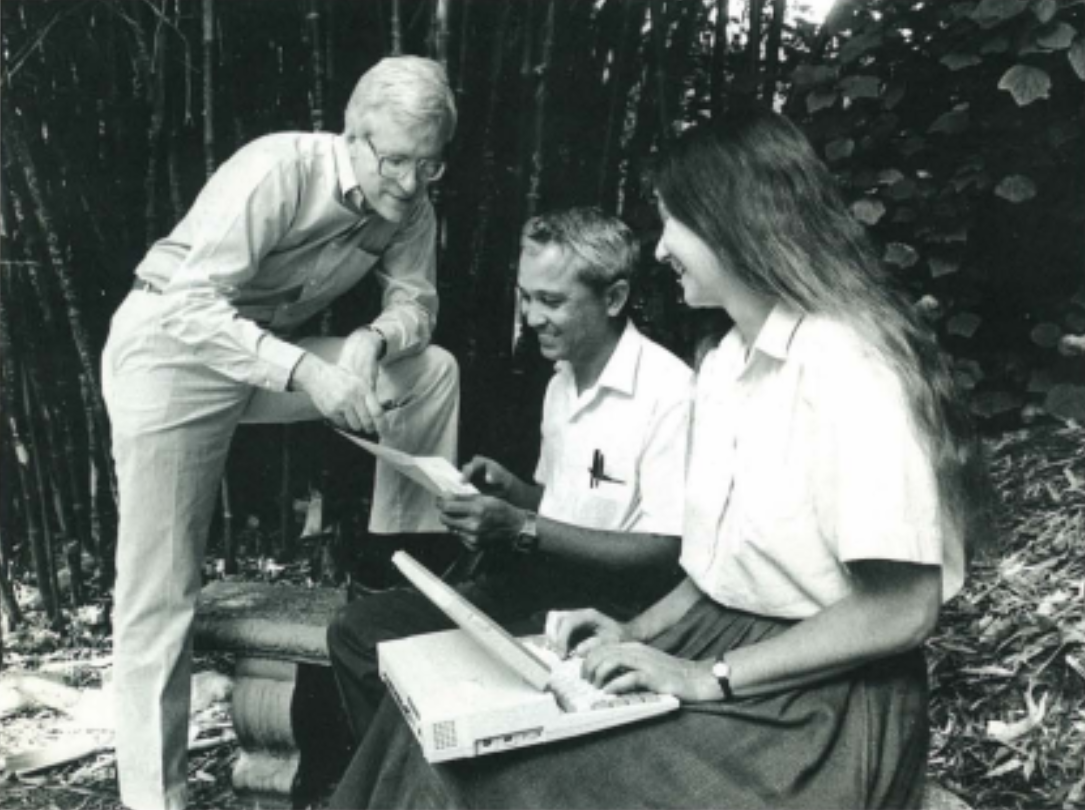 In low-income countries where resources are scarce, multiyear health assessments are often not feasible. Two UCLA Fielding professors, Drs. Ralph Frerichs (pictured, left) and Susan Scrimshaw, developed methods to enable health planners in these countries to get accurate answers quickly and inexpensively.
In low-income countries where resources are scarce, multiyear health assessments are often not feasible. Two UCLA Fielding professors, Drs. Ralph Frerichs (pictured, left) and Susan Scrimshaw, developed methods to enable health planners in these countries to get accurate answers quickly and inexpensively.
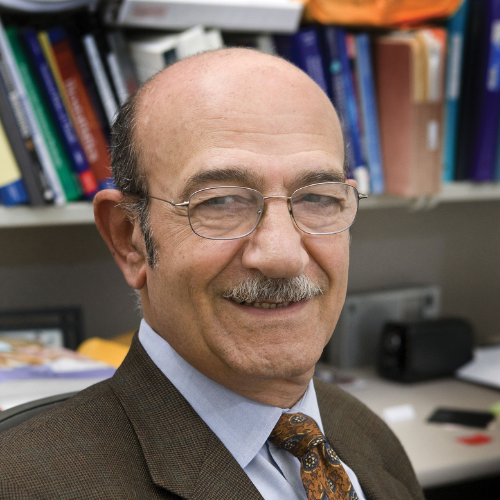 Dr. Abdelmonem A. Afifi was appointed the school’s dean in 1985. A current professor of biostatistics and a member of the school’s faculty for nearly 60 years, Afifi was the longest-serving dean, remaining in the position until 2000. An expert in biostatistical methods, his renowned textbook, “Practical Multivariate Analysis,” is now in its 6th edition. His numerous professional accolades include the American Public Health Association’s Mortimer Spiegelman Gold Medal Award for outstanding biostatistician of the year.
Dr. Abdelmonem A. Afifi was appointed the school’s dean in 1985. A current professor of biostatistics and a member of the school’s faculty for nearly 60 years, Afifi was the longest-serving dean, remaining in the position until 2000. An expert in biostatistical methods, his renowned textbook, “Practical Multivariate Analysis,” is now in its 6th edition. His numerous professional accolades include the American Public Health Association’s Mortimer Spiegelman Gold Medal Award for outstanding biostatistician of the year.
In her landmark 1989 book, “Family Size and Achievement,” UCLA Fielding faculty member Dr. Judith Blake presented evidence that far from growing up feeling isolated, only children tended to have better social skills and achieve more years of schooling than children from larger families.
In 1989, the school was restructured into the five departments it has today: Biostatistics, Community Health Sciences, Environmental Health Sciences, Epidemiology, and Health Services (now called Health Policy and Management).
Continued in A History of Impact: 1980s - 2000s.
Faculty Referenced in this Article

Dr. Ron Andersen is the Wasserman Professor Emeritus in the UCLA Departments of Health Policy and Management.
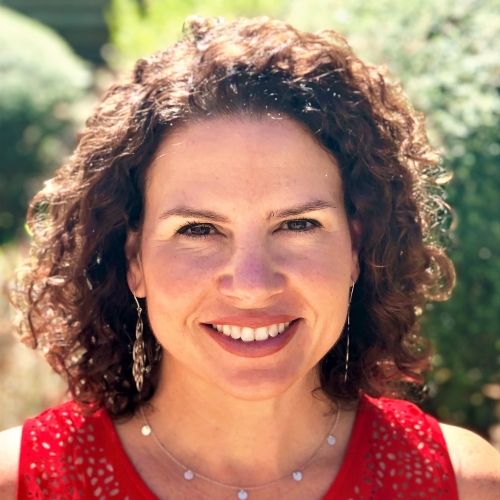
Dr. Joseph Davey is an infectious disease epidemiologist with over 20 years' experience leading research on HIV/STI services for women and children.

Dr. Michelle S. Keller is a health services researcher whose research focuses on the use and prescribing of high-risk medications.

EMPH Academic Program Director with expertise in healthcare marketing, finance, and reproductive health policy, teaching in the EMPH, MPH, MHA program

Robert J. Kim-Farley, MD, MPH, is a Professor-in-Residence with joint appointments in the Departments of Epidemiology and Community Health Sciences
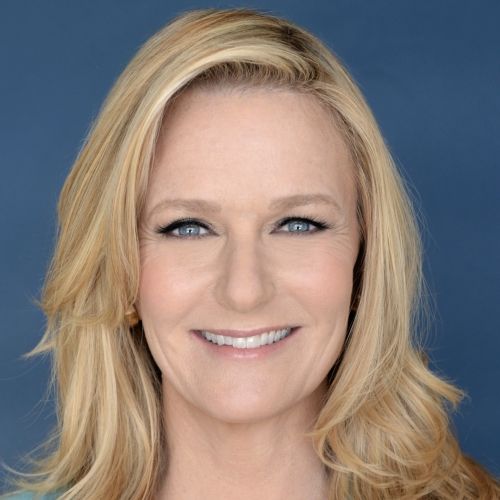
Dr. Anne Rimoin is a Professor of Epidemiology and holds the Gordon–Levin Endowed Chair in Infectious Diseases and Public Health.
Nationally recognized health services researcher and sociomedical scientist with 25+ years' experience in effectiveness and implementation research.

Professor of Community Health Sciences & Health Policy and Management, and Associate Dean for Research
